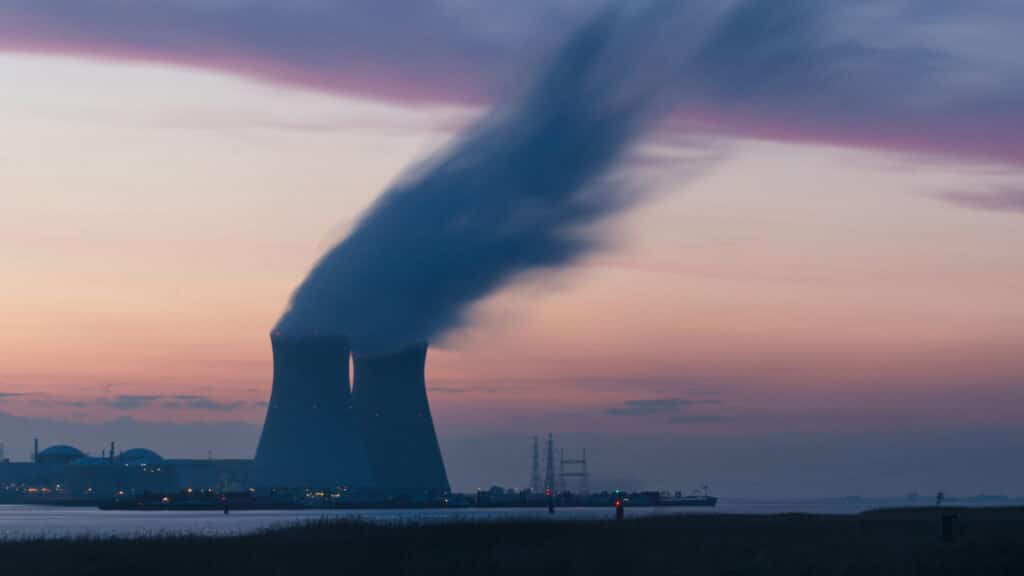Rosatom CEO praises Kazakhstan’s NPP project for strong public support

Rosatom State Corporation CEO Alexey Likhachev stated that the 2024 referendum in Kazakhstan demonstrated overwhelming support for the construction of a nuclear power plant (NPP) in Ulken, noting that people shook his hand during his visit to the settlement. He made this statement in an interview with Akmaral Batalova.
«For me, it was a kind of public ceremony showing commitment to the people of Kazakhstan. That’s how high I would raise the bar. And the people who live in Ulken all came out, shook my hand, and said, ‘We are waiting for you.’ There was nearly 100% support for the project during the referendum on nuclear energy,» he said.
As Likhachev noted, Kazakhstan already has experience in nuclear energy. In Soviet times, there was the BN-350 reactor in Aktau that provided the city with electricity, heat and desalination. Thanks to that power, Aktau was able to become a «garden city» amid the desert. Now the country is moving to new, powerful reactors that will provide up to 2.5 gigawatts of «green» energy.
The head of Rosatom also stated that the Ulken NPP will be built using the most modern and safe fourth-generation technologies that are available only to Russia.
«The order of personnel training, technical maintenance, fuel supply and modernization — as technologies are always evolving — will not be decided by us; it will be decided by the Kazakh leadership. We are ready for any scenario,» he explained.
Likhachev has proposed the idea of a unified strategy for nuclear energy within the Eurasian Economic Union and the Shanghai Cooperation Organization, so that the Central Asian countries could jointly develop energy systems. Rosatom will train 1,500 to 2,000 Kazakhstani specialists to operate the NPP, in particular, providing free-of-charge quotas for Kazakhstani students in Russian universities.
Last week, Kazakhstan’s Agency for Atomic Energy responded to a proposal to sell the name of the NPP as «nice» license plates for cars. The idea was considered «creative from a marketing perspective» but unsuitable. The cost of the NPP is estimated at between $14 billion and $15 billion.

